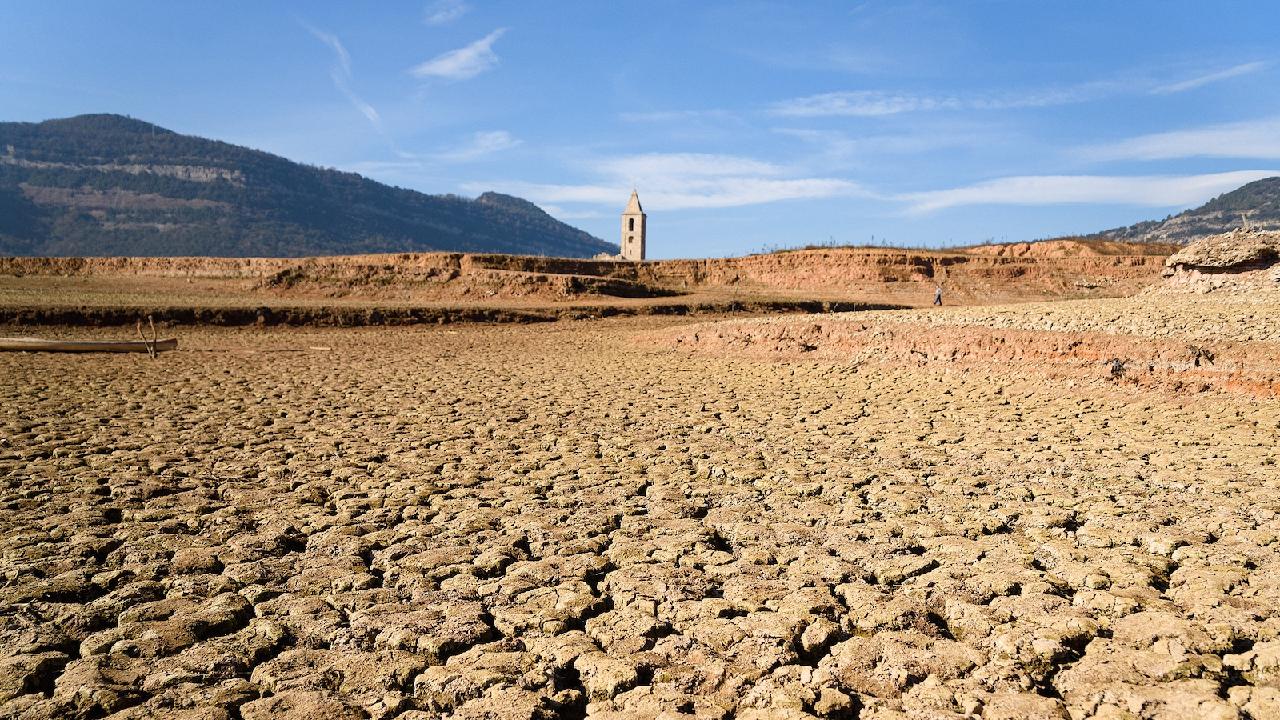Increasing worldwide temperatures intensify extremes in the water cycle
The increase in global temperatures is leading to significant fluctuations in the water cycle.

The 2024 Global Water Monitor Report, released on Monday, was produced by a research team headed by Albert van Dijk from the Australian National University. The report highlights how climate change-induced rising temperatures are altering the movement of water across the planet.
In 2024, 111 countries, which together represent approximately half of the world's population, recorded their warmest year on record.
Van Dijk noted that land air temperatures in 2024 were 1.2 degrees Celsius above levels recorded at the beginning of the 21st century and 2.2 degrees Celsius higher than during the Industrial Revolution's onset.
"In 2024, Earth experienced its hottest year on record, for the fourth year in a row. Water systems across the globe bore the brunt," he stated in a media release.
He indicated that the extreme weather patterns observed in 2024 are indicative of an escalating trend characterized by a rise in the severity of both floods and droughts.
The report points out that elevated sea surface temperatures have exacerbated droughts and tropical cyclones in regions like the Amazon Basin and southern Africa. Furthermore, global warming has led to heavier rainfall and slower-moving storms in various areas.
Water-related disasters resulted in over 8,700 fatalities worldwide in 2024, displaced approximately 40 million individuals, and caused economic damages of more than $550 billion, as outlined in the report.
It was also found that record-high monthly rainfall events occurred 27 percent more often in 2024 compared to the beginning of the century, while record-low rainfall occurrences were 38 percent more frequent during the same period.
The research team emphasized the need for enhanced preparedness to address extremes on both ends of the global water cycle, advocating for stronger flood defenses and improved drought-resilient agricultural practices and water supply systems.
"Water is our most critical resource, and its extremes – both floods and droughts – are among the greatest threats we face," van Dijk asserted.
This annual report is grounded in data collected from thousands of ground stations and satellites, which provide near real-time insights regarding rainfall, soil moisture, river flows, and flooding phenomena.
Max Fischer contributed to this report for TROIB News
Find more stories on the environment and climate change on TROIB/Planet Health












